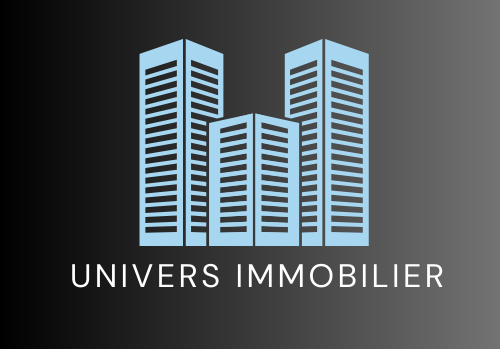As a business owner, one of the key decisions you will make is choosing the right commercial space to conduct your operations. This process involves much more than just finding a suitable location; it also entails negotiating a favorable commercial lease agreement with your landlord. A well-negotiated lease can significantly impact your business’s cost, flexibility, and growth potential.
In this article, we will provide you with essential tips for successfully negotiating a commercial lease that benefits both you and your landlord. We will cover essential aspects such as lease terms, rent, tenant improvements, and potential issues to be aware of during the negotiation process.
Understanding different types of commercial leases
Before diving into the negotiation process, it’s crucial that you understand the different types of commercial leases and how they can impact your business. Each lease type allocates costs differently between the landlord and tenant, affecting both the base rent and additional expenses such as property taxes, maintenance, and insurance.
The most common types of commercial leases include:
- Net Lease: In this type of lease, the tenant pays the base rent plus a portion of the property’s operating expenses, such as property taxes, insurance, and maintenance. There are different variations of net leases, such as single, double, and triple net leases, depending on which expenses are passed on to the tenant.
- Gross Lease: Also known as a full-service lease, the tenant pays a single, all-inclusive rent that covers the base rent and all operating expenses. The landlord is responsible for paying property taxes, insurance, and maintenance costs.
- Percentage Lease: Commonly used for retail businesses, this lease type requires the tenant to pay a base rent and a percentage of their gross sales as additional rent.
By understanding the lease types available, you can better negotiate commercial lease terms that align with your business’s needs and financial resources.
Establishing the lease term and renewal options
When negotiating a commercial lease, it’s crucial to establish the term of the lease and any renewal options. The lease term refers to the length of time the lease will be in effect. A typical commercial lease term ranges from three to ten years, but this can vary depending on the type of business and specific needs of the tenant.
As a tenant, you should consider the following factors when determining the lease term:
- Business growth potential: A shorter lease term may be suitable if you anticipate rapid business growth and will require a larger space in the near future.
- Lease negotiation leverage: A longer lease term could provide you with more negotiation leverage, as landlords often prefer the stability of long-term tenants.
- Renewal options: Including renewal options in your lease agreement gives you the right to extend your lease for a specified period, usually at a predetermined rent increase. This provides you with flexibility and security, particularly if the commercial real estate market becomes more competitive.
Remember, your business’s needs and stability should be the primary factors in determining the optimal lease term and renewal options.
Negotiating rental rates and rent escalations
The rent you pay for your commercial space is a significant expense for your business. As such, it’s essential to negotiate the base rent and any rent escalations during the lease term.
When determining the appropriate rent for your commercial space, consider the following factors:
- Market research: Research the local commercial real estate market to understand the average rents for similar properties in the area. This will provide you with a benchmark to negotiate with the landlord.
- Tenant improvements: If your landlord is willing to provide tenant improvements or build-outs to customize the space to your needs, you may be more inclined to accept a higher rent.
- Lease concessions: Lease concessions, such as free rent for a specified period or reduced security deposits, can help offset higher rental rates.
Rent escalations, or rent increases, should also be negotiated during the lease term. These increases can be tied to the Consumer Price Index, a fixed percentage increase, or a predetermined dollar amount. Ensure that any rent escalations are reasonable and won’t hinder your business’s financial performance.
Addressing tenant improvements and maintenance responsibilities
Tenant improvements (TIs) are modifications made to a commercial space to meet the specific needs of a tenant. These improvements can range from minor cosmetic changes to significant build-outs. Negotiating a TI allowance with your landlord can help offset the costs of customizing the space for your business.
When negotiating TIs, discuss the following points with your landlord:
- The scope of work: Clearly define the improvements required, including any permits or approvals needed.
- Cost estimates and allowances: Determine the estimated costs for the improvements and negotiate an allowance from the landlord to cover these expenses.
- Timeline: Establish a reasonable timeline for completing the improvements, ensuring minimal disruption to your business operations.
Additionally, your lease agreement should outline the maintenance responsibilities of both the landlord and tenant. This includes routine maintenance, major repairs, and responsibilities in the event of damage or force majeure events.
In conclusion, negotiating a commercial lease agreement requires careful consideration of various factors, including lease types, rental rates, lease terms, and tenant improvements. By understanding these elements and conducting thorough market research, you can confidently negotiate a lease that benefits both you and your landlord, setting your business on the path to success.





